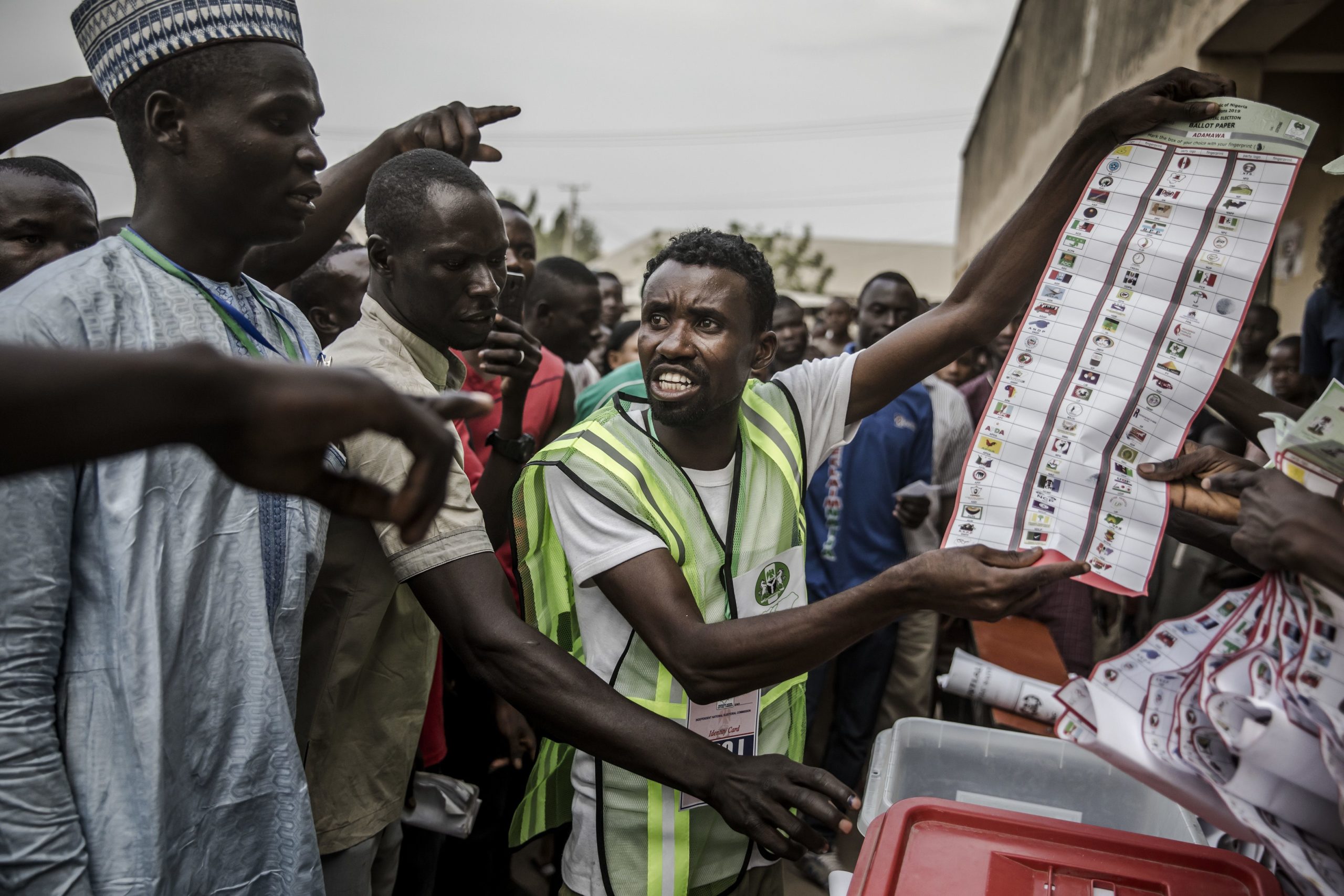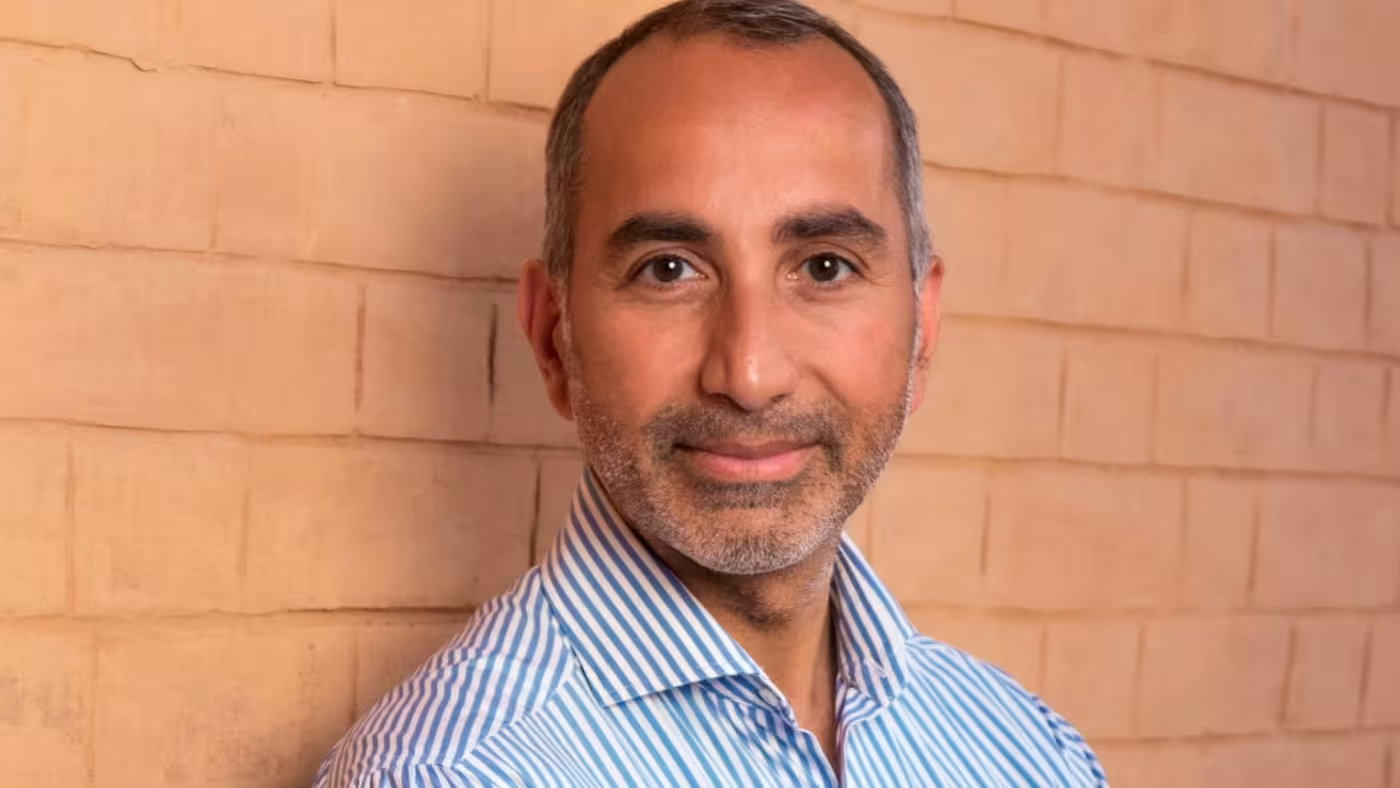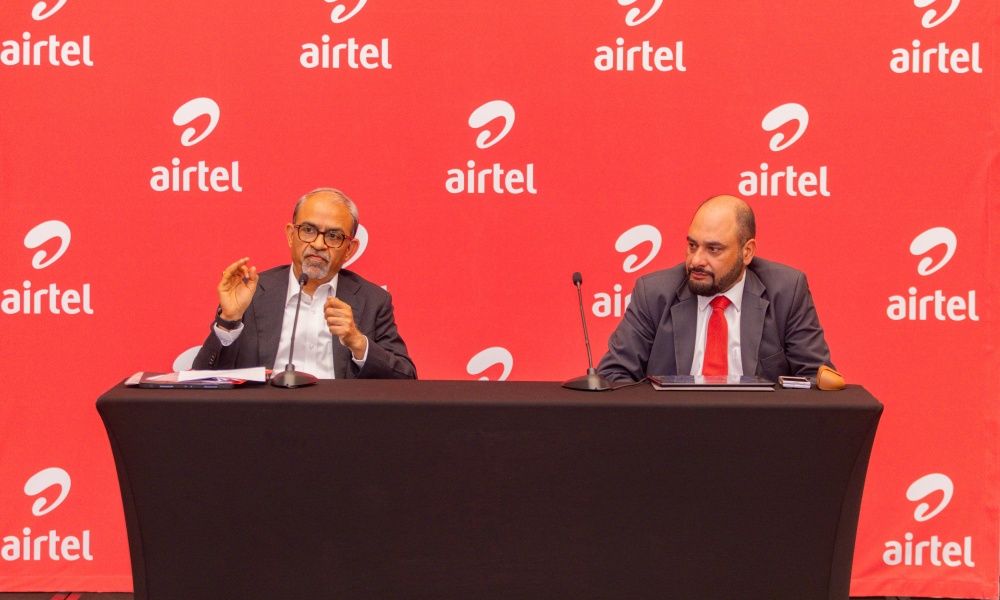Last month, the Independent National Electoral Commission (INEC)’s voters’ accreditation tool, the Bimodal Voter Accreditation System (BVAS), proved over-voting in the Osun state gubernatorial election held in July last year.
Notwithstanding the increased confidence in the BVAS that ensued after its role in the Osun election petition tribunal, it begs the question of Nigeria’s readiness for the election; Is the country’s internet infrastructure equipped to handle the data transmission needs of such a momentous event?
In the tribunal which revealed overvoting in the Osun governorship election, apart from INEC’s final report, there were two other reports from the opposing parties—Ademola Adeleke and Gboyega Oyetola. One had sourced the report from the BVAS machines, and the other got a report from the INEC server. They were both from the same election, but the results were different, and it appears to be because not all the data in the BVAS devices was transmitted to the INEC server before and after the results were announced. It was INEC who presented a synchronised report—a report where all the data in the BVAS had been transmitted to the server.
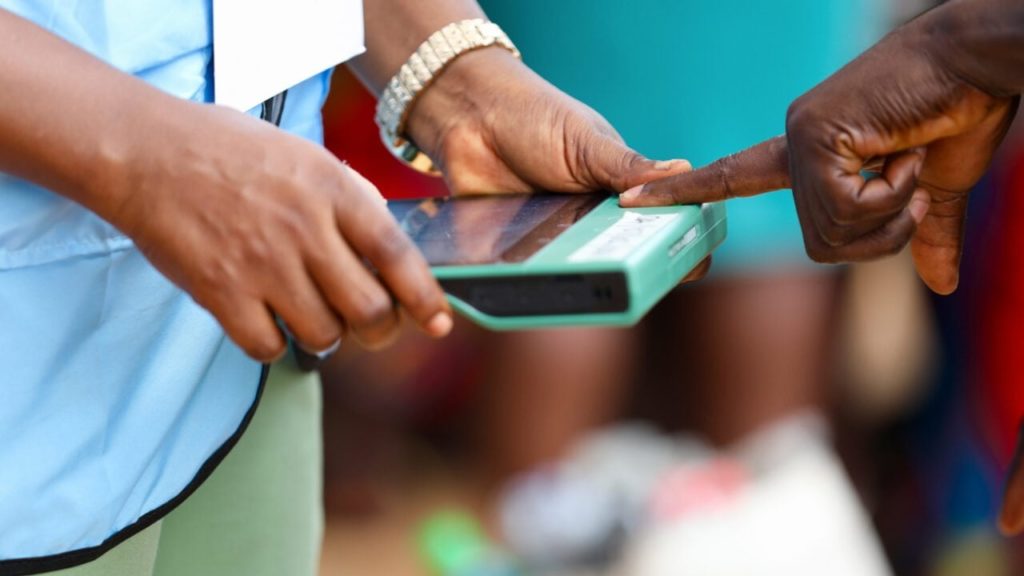
The INEC chairman has repeatedly said that the BVAS machine doesn’t need the internet to verify voters, however, it needs the internet for result transmission—to upload images of the polling unit result form (Form EC8A), from polling units to the INEC Result Viewing Portal (IReV) in real-time and to the INEC central server for collation. If the polling centres do not have sufficient internet connectivity, there will be inconsistencies in the numbers, such as what happened in the Osun elections.
Bad connectivity threatens the election’s credibility
During the Osun State governorship election, which was found tampered with by over-voting, irregularities were reported, by ICIR, at Polling Unit 009, Sagba/Abogunde Ward 2. The INEC officials, instead of uploading the results to the IReV on the spot as previously announced, took the BVAS machines with them, citing the need to do so at the collation centre. This interference with the transmission process could lead to a situation similar to that of the Osun elections, where the results were overturned months after the fact. Furthermore, moving the BVAS machines in search of a stable network puts them at risk of theft and tampering, just like ballot boxes have been in past elections.
These possibilities beg the question of internet penetration across the polling units. As of 2022, Nigeria had nearly 84 million internet users, translating to internet penetration of about 38%. There are more than 150 million Internet service subscribers in Nigeria, according to the Nigerian Communications Commission (NCC), with broadband penetration standing at 44.65%. This implies that a larger part of Nigeria doesn’t have adequate internet access.
Even in areas that have 3G network coverage, the possibility of a network outage is a source of concern, as telecommunication outages are often as common as electrical power outages in Nigeria.
Slow internet is costing the nation millions of dollars; will it cost Nigeria the credibility of the election too? Does INEC have contingencies for this, or would Nigerians have to wait half a year to discover that the wrong winner was declared, just like in the Osun elections?
Internet shutdown
Another possible scenario to consider is what will happen if there’s a partial or total internet shutdown in Nigeria.
In January 2021, the Ugandan government ordered an internet shutdown on the eve of the presidential election. Later that same year, there were nearly a dozen internet shutdowns across the continent. There were also two in Nigeria; Zamfara and Kaduna, but unlike the others, they were not election-related. The governors of both states said they shut down the telecommunications network to deter bandits from communicating warnings about the location of government troops with one another.
International and local civic organisations have expressed concerns about a possible internet shutdown during the upcoming election. Earlier this month, a coalition of over 300 organisations from 105 countries working to end internet shutdowns, the #KeepItOn Coalition asked Nigeria’s President, Muhammadu Buhari, “to ensure that the internet, social media platforms, and all other communication channels remain free, open, secure, inclusive, and accessible prior to, during, and after the general election.”
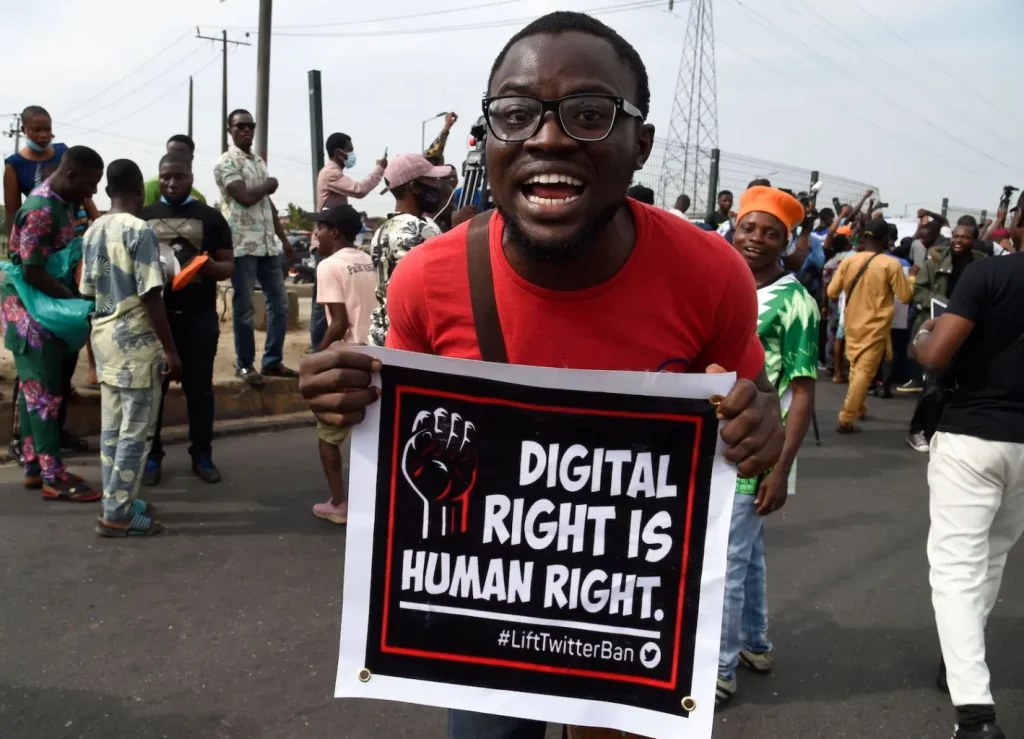
Not only does INEC need internet connectivity to transmit results, but the voting public also needs it for continued access to information and communication during the period. A shutdown will interfere with the rights to freedom of expression and assembly, and access to information, blocking channels of communication for voters, journalists, election observers, and all others involved.
In response to such concerns, the NCC has affirmed that “All users of telecommunications and banking services utilising network facilities are assured of continued optimal service delivery before, during, and after the general elections in Nigeria.”
Such assurances have been made in several African countries like Cameroon right before the government shut down the internet. Given the authoritarian nature of African democracies, it remains a possibility for the state or federal government to shut down telecommunication networks during or after the elections.
Considering that Nigeria is highly susceptible to election violence and reportedly intolerant of civil dissent-like protests, is it really unlikely for the government to resort to a shutdown citing security reasons? All it takes is for the government to ask tier-one internet service providers like MTN, Glo, Main One, and Airtel to shut down their connections by disconnecting their servers from authorised data exchange points within the country.
In several interviews, INEC has reassured Nigerians that the BVAS machine has been updated to avoid failures that occurred in past governorship elections and that the electoral personnel are well trained, but it is yet to say much about its plans for ensuring Nigeria’s slow, unreliable internet infrastructure does not interfere with the transmission of election results and the overall legitimacy of the process.
INEC hasn’t responded to TechCabal’s requests for comments on the subject.









